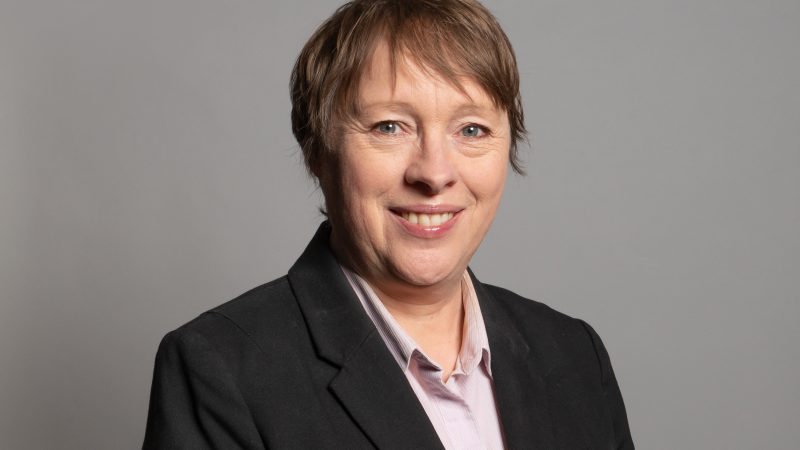
Recent events, including the publication of the final report into the Manchester Arena bombing, have highlighted the ongoing problems that families caught up through no fault of their own in public disasters face when dealing with the aftermath of such terrible events. The families of the 22 who died in Manchester have faced six years of intense and very public investigations, criminal cases, the inquests and an official inquiry, only just concluded. Civil cases and other legal proceedings may follow.
Families often face even longer than this trying to get at the truth of what happened to their loved ones caught up in disasters. It is almost 34 years since the Hillsborough disaster, when 97 peoplewere unlawfully killed by the gross negligence of the South Yorkshire police who were meant to be keeping them safe at the FA Cup semi- final in April 1989. The Hillsborough families spent 23 years campaigning to have the truth of what happened acknowledged.
They had to continue fighting to have the accidental death verdicts at the original inquests overturned and replaced with the correct verdicts of unlawful killing at the subsequent inquests. Still, no-one responsible has been held to account for the killings perpetrated on that day. The small number of criminal cases that resulted finally collapsed in 2021. For many years, the legal system was used by those responsible for the 97 deaths to perpetrate a great lie and cover-up about what happened, blaming the victims and survivors – all to stop the real perpetrators from having to face the reality and consequences of their culpability.
I’ve seen how deeply traumatising for successive generations of the families of those killed and for the survivors of the disaster this has been. The legal system, coronial, criminal and civil failed utterly to provide redress over decades. Hillsborough is an extreme example of what goes wrong for families but it is not the only example of families caught up in disasters having to spend years getting the truth accepted whilst well-resourced public authorities use unlimited budgets and stop at nothing to try and avoid the blame.
The Public Advocate Bill, devised by Lord Michael Wills has been introduced into both Houses of Parliament repeatedly since 2016, by he and I. It aims to learn the lessons of the work of the Hillsborough Independent Panel, which finally broke the cycle of lies and cover ups. A non-legal process, it uses the concept of an independent advocate using freedom of information, being a data controller and an independent panel process like HIP to give families a way to get at the truth at an early stage.
Families would have an option in the aftermath of a public disaster, should they seek to take it up, of getting the public advocate involved. The Advocate could require the production of all documents and information, acting as a data controller, to get at the truth and torpedo cover-ups. He or she could set up independent panels and would report to Parliament. This gives families agency. It only happens if they want it to. Often at present, families – the most severely affected by the trauma of disasters have the least power. They are thrust into the public spotlight when they are shocked and grieving and they are excluded from events. They are not parties to any criminal trials or inquests and can feel excluded and voiceless.
I welcome the fact that the government want to legislate but their proposals are not at all like the public advocate bill Lord Wills and I are seeking to progress. Their public advocate would not be independent, would not be a data controller, would not be able to act at the behest of families, would be directed by the Secretary of State and would not have the power to establish and appoint Independent Panels.
This simply would not do the job the current bill envisages of keeping the families confidence and putting them at the centre of the search for the truth in the aftermath of disasters. I do not believe that the full potential of our bill to prevent things going wrong in the aftermath of disasters is recognised in the government’s proposals, which instead seem to be about signposting and liaising.
I am more interested in making sure that the public advocate is activated only by families and empowered to shine the light of transparency on what public authorities do in the aftermath of tragedies – thus making sure there are no cover-ups. Perhaps that difference is why the government objected to my Bill for the 13th time in the last two parliamentary sessions on Friday in the Commons. Rest assured Lord Wills and I won’t give up the fight.




More from LabourList
‘Turning public services around: Haringey’s story of child protection’
‘Can Labour turn the green tide back to red?’
Tom Belger column: ‘Why is Labour making migrant exploitation easier?’